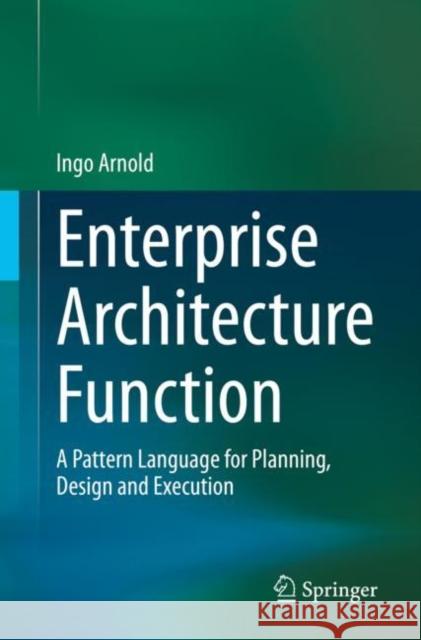Enterprise Architecture Function: A Pattern Language for Planning, Design and Execution » książka
topmenu
Enterprise Architecture Function: A Pattern Language for Planning, Design and Execution
ISBN-13: 9783030845889 / Angielski / Miękka / 2022 / 580 str.
Kategorie:
Kategorie BISAC:
Wydawca:
Springer
Język:
Angielski
ISBN-13:
9783030845889
Rok wydania:
2022
Wydanie:
2021
Ilość stron:
580
Waga:
0.75 kg
Wymiary:
23.39 x 15.6 x 2.79
Oprawa:
Miękka
Wolumenów:
01
Dodatkowe informacje:
Bibliografia
Wydanie ilustrowane
Wydanie ilustrowane











